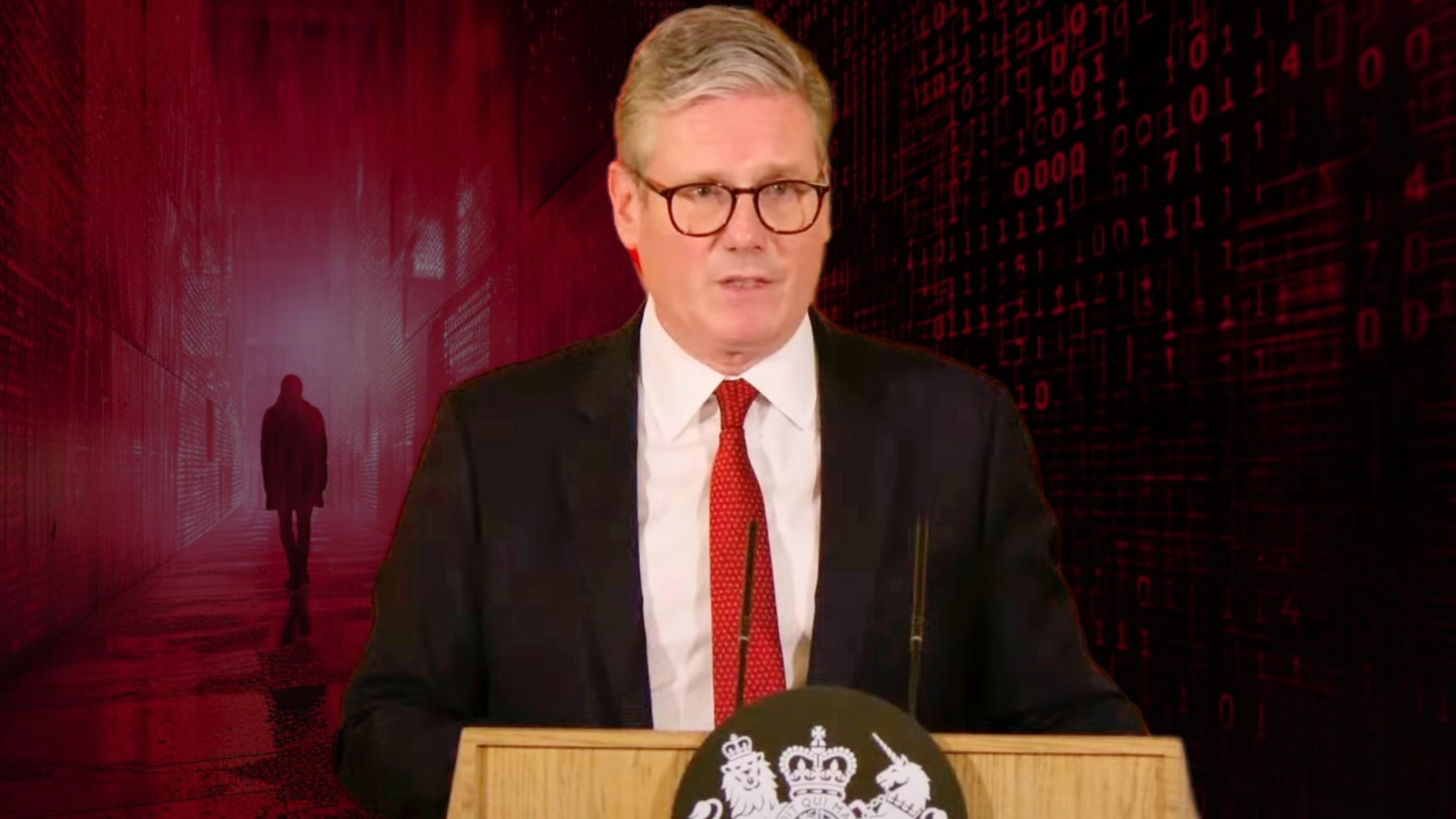The more things change, the more they remain the same, at least in the UK; after many years of Tory governments’ vigorous efforts to extend mass surveillance indiscriminately targeting citizens and enact stringent anti-free speech laws, the new Labour government seems to be picking up right where the previous one left off.
The wake of the Southport riots has elicited the usual medley of reactions: moves to address societal issues with more surveillance, strengthen the police state, blame “misinformation” and unproven, but always handy to bring up, “foreign meddling.”
But the real malady seems to be squarely at home: in fact, in the prime minister’s office. Keir Starmer happens to be sitting there now, but the policy hardly ever changes: he, too, wants more mass surveillance based on facial recognition, and more pressure on social media to ramp up censorship.
If anything does change it is the intensity of these demands that have long since been rejected as “Orwellian” by rights groups like Big Brother Watch.
Here, Starmer told a news conference called after the events branded as far-right riots, that participants in the protests (whom he called “thugs” and compared with football hooligans) are “mobile” and for that reason, police forces will, going forward, be a part of a network of sorts.
The prime minister added that there will be intelligence and data sharing, as well as “wider deployment of facial recognition technology, and preventative action, criminal behavior orders to restrict their movements before they can even board a train, in just the same way that we do with football hooligans.”
Movement restrictions are said to apply only to those with previous convictions, and those who have committed “violence at protests.” But here things get complicated because even those who were charged with relatively minor offenses like disorderly conduct could end up having their movements surveilled and restricted.
Starmer isn’t in favor of enacting new laws; he seems satisfied that all this can be achieved within the existing legislation and announced a “coordinated response” within the police across the country and law enforcement taking advantage of those laws more than before. But he does want more police officers, and it seems that increasing their numbers will be one election campaign promise that will be kept.
Starmer is announcing these measures as a way to deal not with protests – he insists this is about “violent disorder.” And, he blames online platforms for being the places where that is being “whipped up.”
Meaning, that when the authorities decide some online speech can be considered as incitement to violence, that is, in Starmer’s words, “not a matter of free speech. It is a criminal offense.”
But what will the authorities consider incitement to violence? This is particularly important since a number of lawmakers – such as Labour MP Patrick Hurley, Former MI6 chief Richard Dearlove, and former Security Minister Stephen McPartland – blamed “misinformation” and “disinformation” as well as “speculation” regarding the identity of the Southport stabbing attacker.
Therefore if speculation can be considered misinformation, and misinformation incitement to violence – this opens the door wide to censor views expressed online that basically ask questions about something – i.e., “speculate”.
Regarding online platforms, the prime minister suggested that his approach to the police during a meeting that preceded the news conference (namely, “get the relevant people around the table, and fix the problems and meet the challenges that we have as a country”) will apply to internet platforms as well.
It remains to be seen what “work(ing) together to address the challenges” will look like once Starmer gets online platforms and government representatives at the same table.
Meanwhile, the idea of ushering in even more facial recognition-based mass surveillance is seen as terrible by groups like Big Brother Watch, who have campaigned for years against this type of policing.
The group’s director, Silkie Carlo, said in a statement that the pledge regarding facial recognition as response to public disorder was “alarming.”
According to her, democracy is threatened, not protected with this approach, while the type of mass surveillance pushed by Starmer (and previous governments) “turns members of the public into walking ID cards.”
Carlo made a point of the live facial recognition technology being “dangerously inaccurate,” “common” in Russia and China, supported by no clear legal basis in the UK, and, banned elsewhere in Europe
In her opinion, Starmer did not address the causes of the Southport attack (when three girls were murdered), or the reasons for what Carlo calls “violent, racist thuggery” that followed.
Instead, the prime minister promised more AI surveillance. And that, according to Carlo, is “tone deaf in these circumstances.”
“(It) will give the public absolutely no confidence that this government has the competence or conviction to get tough on the causes of these crimes and protect the public,” she concluded.










